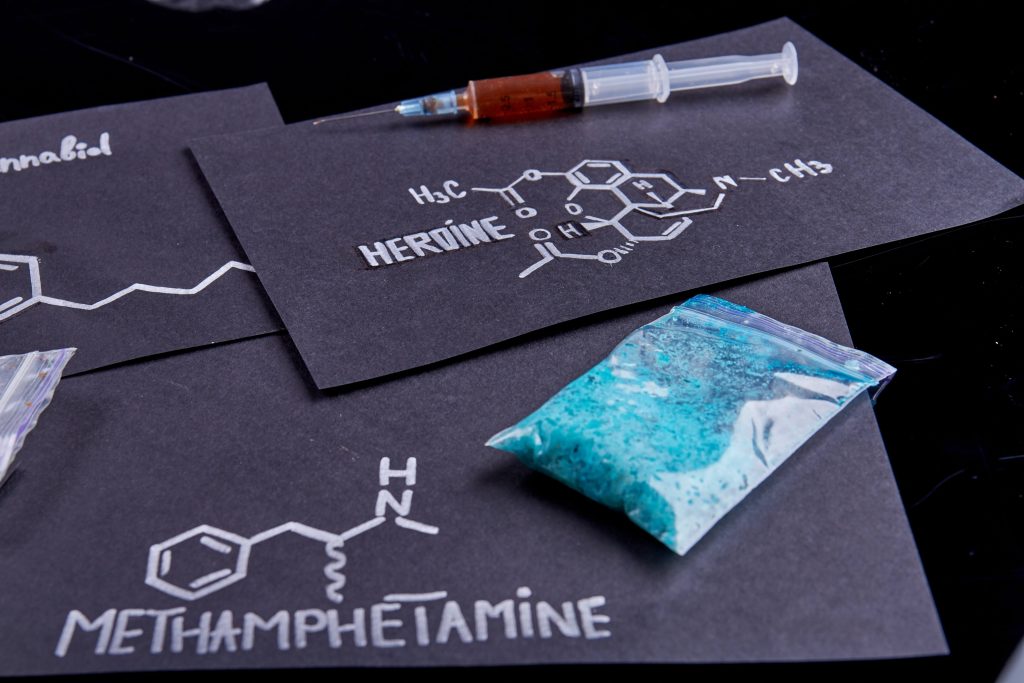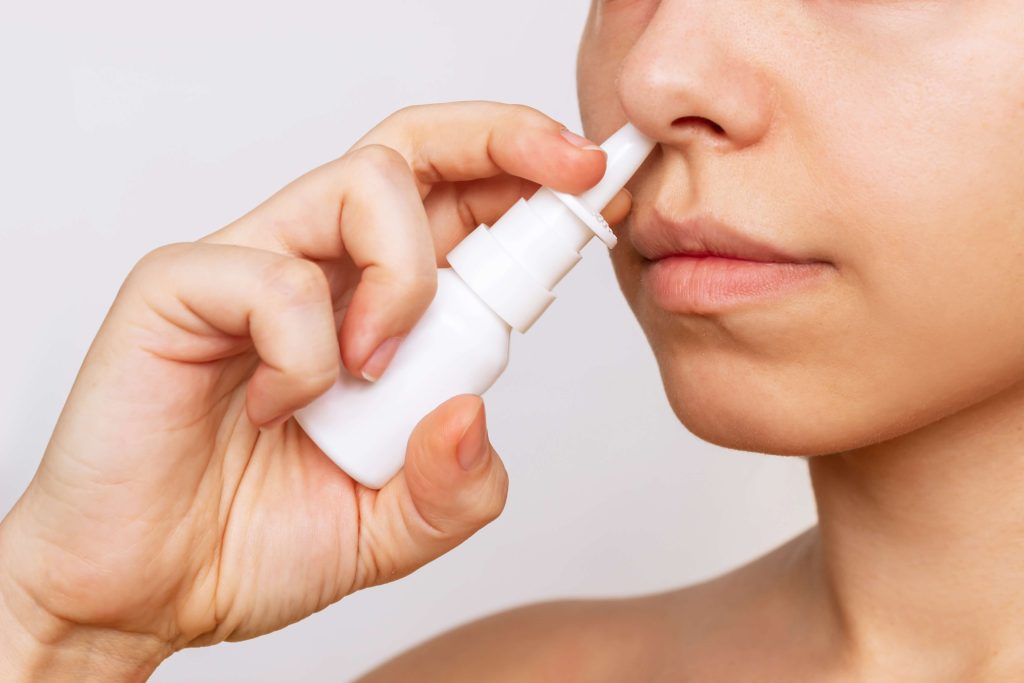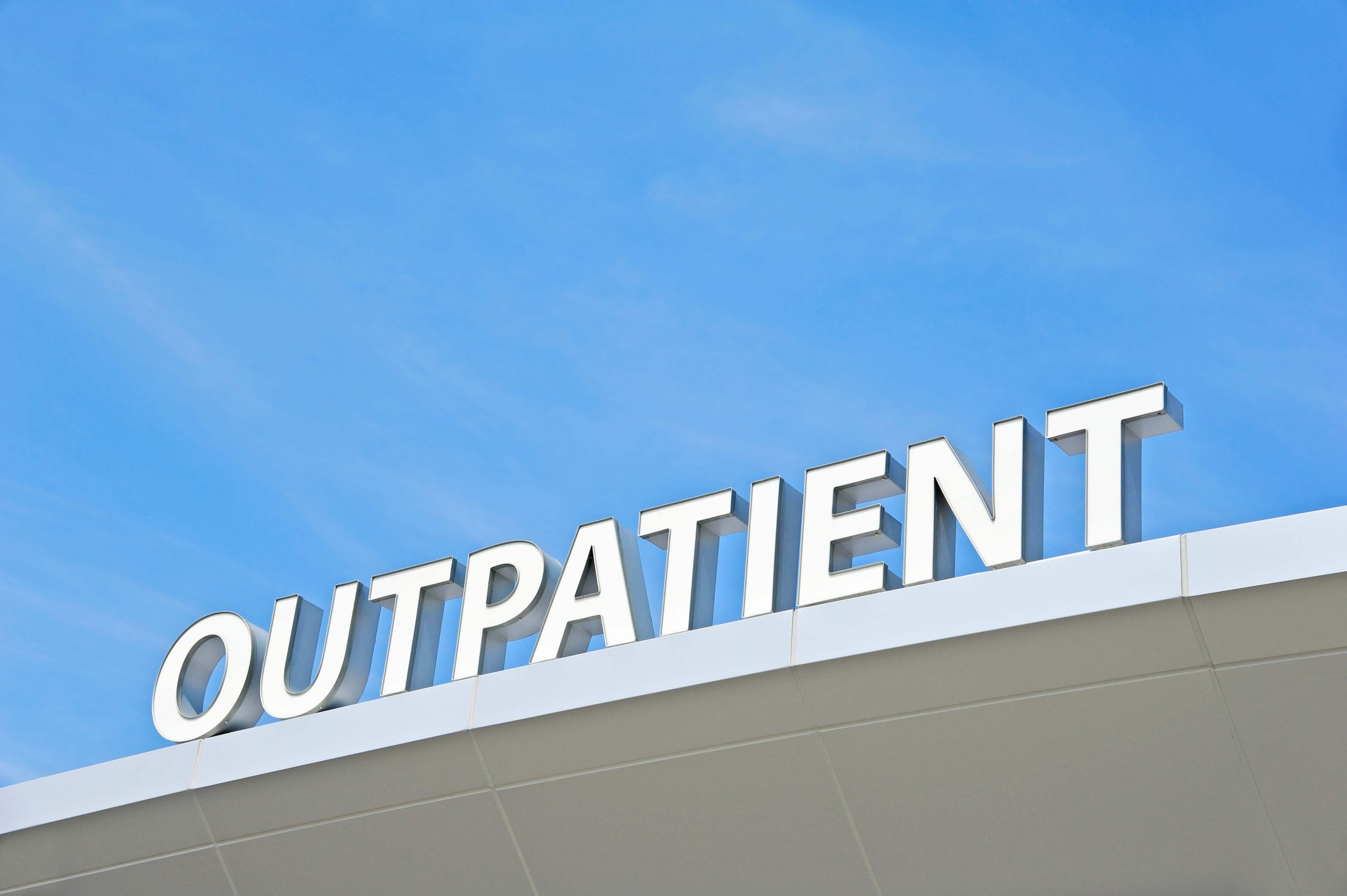What Medications Can Cause a False Positive for Methamphetamines?
Drug testing is a common practice in various contexts, including employment, criminal justice, and addiction recovery programs. One of the challenges with drug testing is the potential for false positive results, which can have significant consequences for individuals being tested. False positives can occur for various reasons, including consuming certain medications. In this article, we will explore the medications that can cause a false positive for methamphetamines (meth), why this happens, and how individuals can navigate this issue, particularly in the context of addiction recovery.

Understanding False Positives
Before delving into specific medications, it’s essential to understand what a false positive is. A false positive occurs when a drug test incorrectly indicates the presence of a substance that is not actually in a person’s system. In the case of methamphetamines, certain medications and substances can trigger a false positive result, leading to confusion, potential job loss, legal ramifications, or complications in addiction recovery programs.
Medications and Substances That Can Cause False Positives
Several medications and substances are known to potentially cause false positive results for methamphetamines in drug tests. It’s crucial to be aware of these substances, as they can have implications for individuals in various situations. Here are some common culprits:
1. Over-the-Counter Decongestants
Over-the-counter (OTC) decongestants often contain pseudoephedrine or ephedrine as active ingredients. These compounds are structurally similar to methamphetamines and can trigger a false positive on drug tests. Some well-known decongestant brands that may lead to false positives include Sudafed and Claritin-D.
2. Prescription Medications
Certain prescription medications, such as Adderall and Ritalin, can also lead to false positives for methamphetamines. These medications are commonly prescribed for attention deficit hyperactivity disorder (ADHD) and contain amphetamine salts, which can cross-react with methamphetamine tests.
3. Antidepressants
Some antidepressant medications, like bupropion (brand name Wellbutrin), can result in false positive drug test results for methamphetamines. Bupropion is sometimes prescribed to manage depression and smoking cessation, but its chemical structure can mimic methamphetamines in drug tests.
4. Nasal Sprays
Nasal sprays containing levmetamfetamine (also known as l-desoxyephedrine) can potentially lead to false positive results for methamphetamines. These sprays are used to relieve nasal congestion but contain compounds that resemble methamphetamines chemically.

5. Cold and Flu Medications
Some cold and flu medications, particularly those with ingredients like pseudoephedrine or phenylephrine, can trigger false positive results on methamphetamine tests. It’s essential to check the labels of these medications and be cautious when taking them before a drug test.
Why Do These Medications Cause False Positives?
The reason certain medications and substances can cause false positives for methamphetamines lies in their chemical structures. Methamphetamines and related compounds share structural similarities with the substances mentioned above. Drug tests, such as urine or saliva tests, often rely on immunoassays to detect the presence of specific substances. These tests can sometimes cross-react with structurally similar compounds, leading to false positive results.
Navigating False Positives in Addiction Recovery
For individuals in addiction recovery programs, false positive drug test results can be particularly concerning. It’s crucial to address this issue proactively to prevent misunderstandings and potential setbacks. Here are some steps to consider:
1. Open Communication
Maintaining open communication with your healthcare provider or counselor is essential. When you are prescribed medications that could trigger false positives, inform your treatment team. They can document your medication use and take it into account when interpreting your drug test results.
2. Provide Documentation
If you are taking medications that may lead to false positives, ask your healthcare provider for documentation explaining your prescription and the potential for false positives. Having this information on hand can be helpful if questions arise regarding your test results.
3. Confirmatory Testing
In cases where a drug test yields a positive result, especially if you believe it’s due to medication, request a confirmatory test, such as gas chromatography-mass spectrometry (GC-MS) or liquid chromatography-mass spectrometry (LC-MS). These tests are more accurate and can differentiate between substances, reducing the likelihood of false positives.
4. Know Your Rights
If you are in an addiction recovery program, familiarize yourself with the program’s policies regarding false positives. Understanding your rights and the steps for addressing false positives can help you navigate potential challenges.
5. Seek Legal Advice (if applicable)
In some cases, false positive drug test results can have legal consequences. If you believe your rights have been violated due to a false positive, consider seeking legal advice to protect your interests.


False positive results for methamphetamines in drug tests can be attributed to certain medications and substances with chemical similarities. Understanding which medications can cause false positives and taking proactive steps to address this issue, especially in the context of addiction recovery, is essential. Open communication with healthcare providers, providing documentation, and confirming test results through more accurate methods can help individuals navigate the complexities of false positives and ensure that their treatment and recovery processes are not derailed by misunderstandings.
Published: November 01, 2023
Last Updated: November 07, 2023

Published: January 26, 2026
OCD vs. Autism: Understanding the Differences
Obsessive-compulsive disorder (OCD) and autism spectrum disorder (ASD) are often confused with one another. Both can involve repetitive behaviors, rigid routines, sensory sensitivities, and distress when things feel “off.” From the outside, the overlap can look striking. But in clinical treatment, the why behind those behaviors matters just as much as the behaviors themselves. At […]
Read more
Published: January 15, 2026
Obsessive-Compulsive Personality Disorder (OCPD)
People living with Obsessive-Compulsive Personality Disorder or OCPD often don’t see themselves as struggling with a mental health condition. They see themselves as responsible. Disciplined. Reliable. The person who holds everything together when others fall apart. But beneath that structure, many feel chronically tense, emotionally restricted, and exhausted by the pressure to do everything “the […]
Read more
Published: December 15, 2025
Why Mental Health & Addiction Spike During the Holiday Season?
The holiday season is often described as a time of joy, connection, and celebration. Yet for many individuals, it is also a period marked by increased emotional distress, worsening mental health symptoms, and a higher risk of substance use and relapse. Research consistently shows that rates of anxiety, depression, and addictive behaviors rise during late […]
Read more
